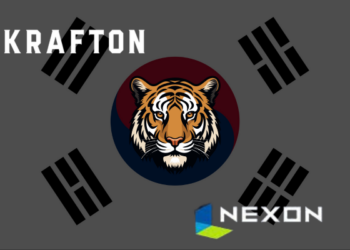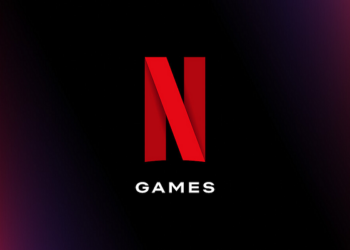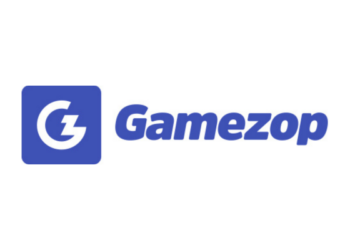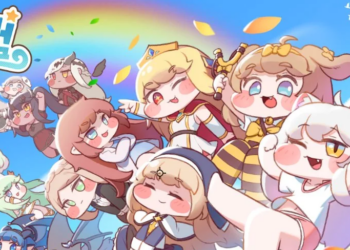It seems like China has taken a total reverse turn than that compared to South Korea about gaming. Last week, we witnessed South Korea lifting the ‘Cinderella Law,’ which gave us hope of China doing the same. But, China has completely pulled a U-turn and came up with even stricter laws. China has barred gamers under the age of 18 to not play on weekdays. Well, it didn’t stop there. It also has limited playtime on weekends to just three hours.
Nevertheless, say it has come as a heartbreak to many youngsters. It also stated the playtime of minors, i.e., from 8 to 9 pm on Friday, public holidays, and weekends. At the same time, they will be banned from playing during the school week. This news was aired on 31st August and has been put into effect by 1st Sept. This news came from the National Press and Public Administration, China’s video game regulator.
China And Its Strictness Towards Gaming
It may come as a shock to us, but it is nothing new for China. This is not the first time they have come up with such a strict law about video games and minors. In 2018, Beijing prevented approving the publication of video games for almost nine months. This hurt the revenue of gaming giants such as Tencent and NetEase. In 2019, China barred gamers under the age of 18 from gaming between 10 pm to 8 am. Also, set a rule for the minors to play just for 90 minutes on the weekdays. Even console gaming was banned for more than a decade or so until 2015.
The authorities have backed the new law stating it will help minors from getting addicted to video games. Let’s leave it up to time to tell us whether the law succeeds in its mission or not. The National Press and Public Administration also said, “at the beginning of the new (school) semester, putting specific requirements for preventing the addiction to online games, and protecting the healthy growth of minors.” NPPA also stated that it would increase the intensity and frequency of the inspection of online gaming. The regulator is also on its way to punish any gaming company that does not abide by these rules.
Moreover, China even plans to implement the ban with minors registering in games with their actual names. This eventually will lead to gaming companies requiring the real name of players. Some companies have even started doing the same. This will further help the government to limit the playtime of minors. Tencent has already started doing this with their massive mobile game, “Honor of Kings.” China has reviewed over 10,000 games the previous year.
Read: Legendary Crossover of Watch Dogs: Legion & Assassin’s Creed
Why Is China Worried About Gaming Addiction?
China being the largest market for video games, is now making things tough for video game companies. The authorities of China are highly concerned about the gaming and internet addiction that is swallowing the youngsters. So they have not only banned gaming for minors but also introduced institutions for “gaming disorder.” This includes setting up therapies, clinics, and even military drills. Another cause of such harsh laws implementation is nearsightedness. in 2018, it was one of the nation’s major concerns.
The National Press and Publication Administration stated that these new rules were to fight the rising concerns that games bring. Video games are affecting the mental as well as the physical health of children.
Around 62.5% of minors in China play video games online. Almost 13.2% of minors play video games for over 2 hours a day. This is a matter of serious concern to the authorities of the country.
How It Affects Korea?
With the news of these stricter laws in China, Korean gaming companies seem to have facing difficulties. Companies like Pearl Abyss and Krafton are two of many companies that will be facing hurdles for this law. The analyst said that this move to China will affect Korean game companies directly, China being the largest market.
There has been some mixed response in the market. Pearl Abyss shares dropped by 7.55% to 93,300 wOn the other hand, on. NCSoft has gained 1.69% at 666,000 won. At the same time, Krafton shares dropped by 1.11% at 491,500 won, according to Korea Exchange’s Tuesday update.
After the news of the new law, investors have come up with a negative response towards Korean companies. This includes Pearl Abyss, Krafton, and Nexon who are highly dependent on the Chinese market.
Concluding Thoughts
According to an article uploaded by Washington Post the president of Niko Partners, Lisa Cosmas Hanson stated, “While China’s government has been positive on video games recently and has promoted segments such as esports and cloud gaming as key growth areas, gaming addiction among minors is viewed as a negative output of the popularity of video games in society.”
However, she even highlighted that minors could get away with this ban if they use adult’s accounts. Hence, the government has asked for the assistance of families and guardians to avoid these tactics. Therefore, the impact of this ban is still not clear, and we hope it to be shortly.










































